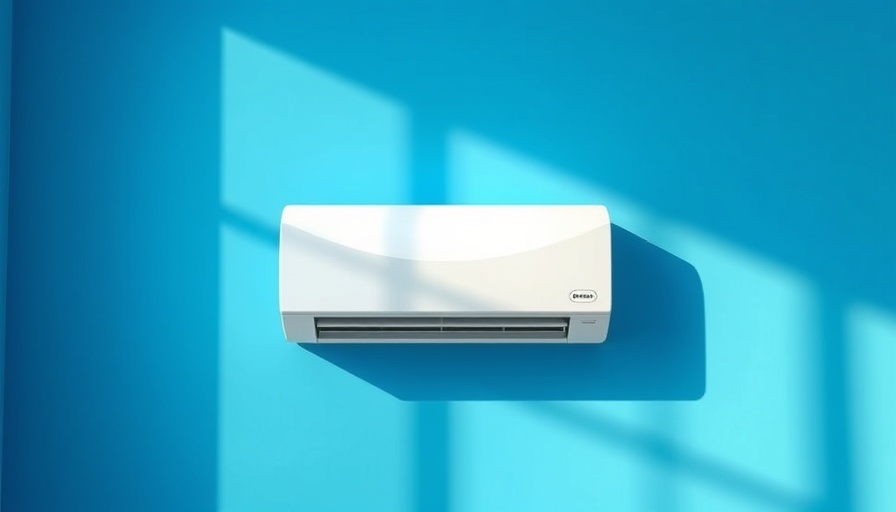
The Essential Dilemma: To Turn Off or Not?
As summer vacation creeps upon us, many renters and homeowners alike find themselves confronted with a common yet perplexing question: should you turn your air conditioning unit off before heading out on vacation? While some may advocate for shutting off AC systems to reduce energy consumption and possible costs, others argue for keeping them running—albeit at a higher temperature. So, what’s the most efficient option when you leave home during the heat?
The Expert’s Take on Energy Efficiency
According to Dan DiClerico, director of the Home Improvement & Outdoor Lab at the Good Housekeeping Institute, the answer is clear: don’t turn off your AC completely. Instead, he strongly recommends raising the temperature to somewhere between 80 and 85 degrees Fahrenheit. This approach not only saves more energy than turning the unit off but also helps prevent potential damage to your home, which can be caused by heat and humidity. Setting the temperature higher allows your air conditioning system to maintain a stable environment without overexerting itself, which can result in higher energy costs as the system struggles to cool the house upon your return.
Understanding the Risks of Turning Off Your AC
Shutting off the AC can have negative consequences, both for your wallet and your home’s health. Excessive heat can lead to mold and mildew, both of which can create significant health concerns and damages to your belongings. Furthermore, high interior temperatures can put strain on household appliances, especially the refrigerator, which will need to work harder when temperatures soar. The risk extends beyond mere comfort; it’s a matter of maintaining the safety and integrity of your living space.
Practical Steps for Maintenance
For those with window units, the guidance remains largely the same. DiClerico suggests setting these units to auto or a low setting to engage the energy-saving mode. Most modern models come equipped with temperature sensors that will allow them to cycle on and off as needed, which means they won’t run unnecessarily while you’re away. This automated approach not only ensures a consistent indoor temperature but also helps in managing energy use efficiently.
Long Weekend vs. Extended Vacation: Tailored Tips
The recommended settings vary depending on your travel length. If you’re departing for a brief trip, maintaining a temperature of around 78 degrees Fahrenheit may suffice. However, for longer vacations exceeding a week, pushing the thermostat closer to 85 degrees is prudent. The idea is to keep your home safe and comfortable without overwhelming your air conditioning system or your utility bill.
Final Thoughts: For Your Home and Wallet
Ultimately, maintaining your air conditioning system while you’re away is about striking the right balance between energy efficiency and home safety. Rather than turning off your AC entirely, a well-planned strategy of raising the temperature ensures peace of mind for homeowners and renters alike.
As summer travels continue and temperatures rise, take these insights into account when planning your vacations. An understanding of how your air conditioning system functions can make all the difference in preserving both your home’s comfort and your energy budget.
For further information on home maintenance strategies and energy-saving tips, feel free to explore our various resources or discuss with fellow homeowners on best practices!
 Add Row
Add Row  Add
Add 




Write A Comment